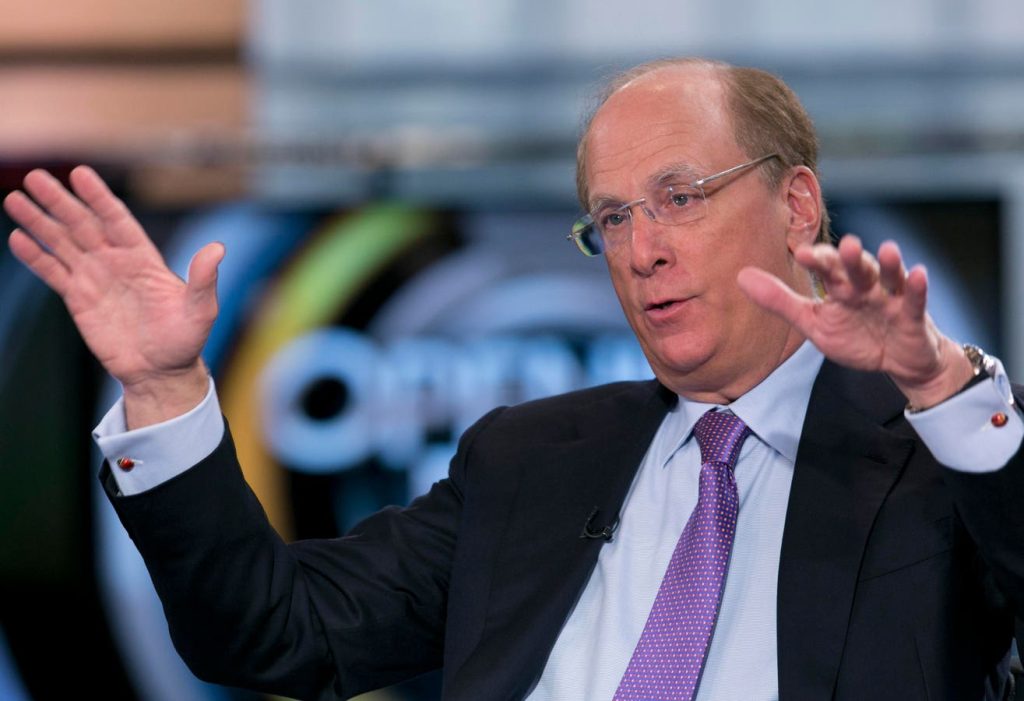In the older, less polite trading floors of Wall Street there was an adage that may be paraphrased as money talks, male bovine excrement walks. When the buyside titans of the investment industry like Larry Fink from Blackrock get involved in something, then the money has spoken. Bitcoin
Bitcoin
and cryptocurrency are not going anywhere.
On January 10th, there was a massive change in the institutional attitudes and legal categorization of Bitcoin when the Securities and Exchange Commission (SEC) approved spot bitcoin exchange traded funds (ETFs). The movement of Bitcoin into a traditional investment vehicle facilitates a potentially vast increase in the universe of bitcoin investors. Through the use of an ETF, an investor does not need to be concerned about how to actually purchase and store bitcoin, and instead can receive exposure to the bitcoin price movement through an instrument that trades in a standard equity brokerage account.
The bitcoin ETFs were quickly sought out by institutional and retail investors alike. There are now 36 different ETFs traded on the U.S. markets, and total assets are now over $61 billion. Only gold ETFs have a larger total asset size than bitcoin ETFs.
The stature of bitcoin ETFs was further enhanced on September 20, when the SEC approved the listing and trading of options for asset manager BlackRock’s spot bitcoin exchange-traded fund on the Nasdaq. BlackRock’s spot bitcoin ETF has become one of the fastest-growing ETFs of all time, and now has almost $23 billion in assets.
The BlackRock chief executive, Larry Fink, was previously a bitcoin critic, and in July 2024 he said he had been “wrong” about bitcoin and now believes bitcoin is “digital gold” and a “legitimate” financial instrument.
Another supporter of bitcoin is Howard Lutnick, Chairman of Cantor Fitzgerald. In July he announced plans for his firm to launch a bitcoin financing business to provide leverage to investors who hold Bitcoin. He said, “We are excited to help unlock Bitcoin’s full potential and continue bridging the gap between traditional finance and digital assets.”
When the leadership of firms of the stature of Blackrock and Cantor Fitzgerald get behind something, it is not going anywhere. The large financial institutions are driven by customer demand, which in turn generates revenues. These firms are likely responding to their customers and are reaping the financial benefits from being early institutional bitcoin supporters.
The SEC approval of the ETFs also clarified the agency’s position regarding the proper characterization of bitcoin as a commodity. This clarity was welcomed by bitcoin proponents and will likely lead to further institutional support.
Bank of New York Mellon (BNY), believed to be the world’s largest custodian bank, is approved to provide custody services for bitcoin ETFs and is expected to enter the market shortly. The bank is expected to also be servicing the second approved cryptocurrency ETF, ether. Perhaps the bank will even provide services for additional cryptocurrencies as the SEC chair Gary Gensler, in an interview with Bloomberg, suggested that the BNY crypto custody model could extend to numerous digital assets.
Cautious and carefully other banks should be expected to support bitcoin as investor interest continues to grow. My own company, LevelField Financial, is seeking to acquire a chartered bank to, among other goals, serve customers who are interested in bitcoin and the digital asset class. Well managed financial institutions can safely and soundly support bitcoin while working within the framework of the U.S. banking system.
Whether bitcoin is going to lead to a transformation of the global banking and payment industries is something still very uncertain. What is clear, however, is that bitcoin is part of a new digital asset class that is very much in demand by institutional and retail investors. Traditional banking and financial service companies have the opportunity to support bitcoin now, while adoption is still in the early stages, and to participate in wherever the path of adoption leads. The growth of bitcoin will result in changes, perhaps more of an evolution than a revolution, but it is not going away.
Read the full article here

